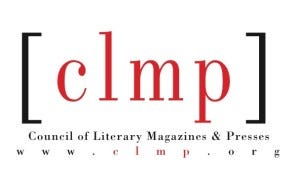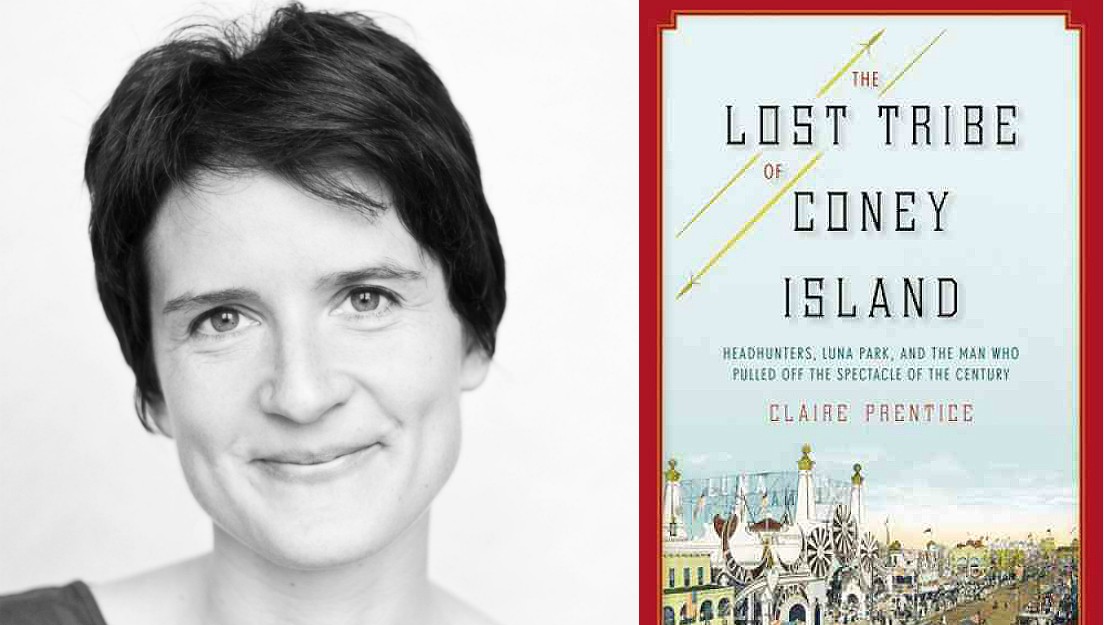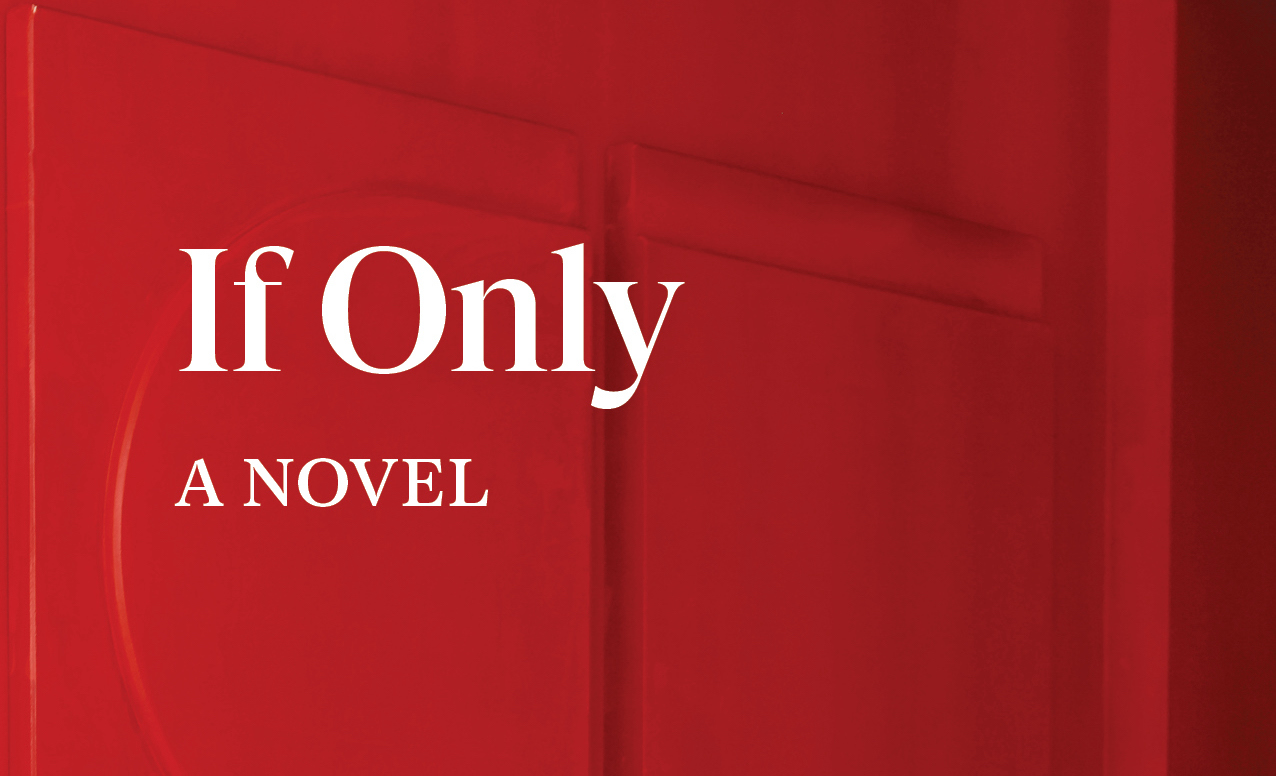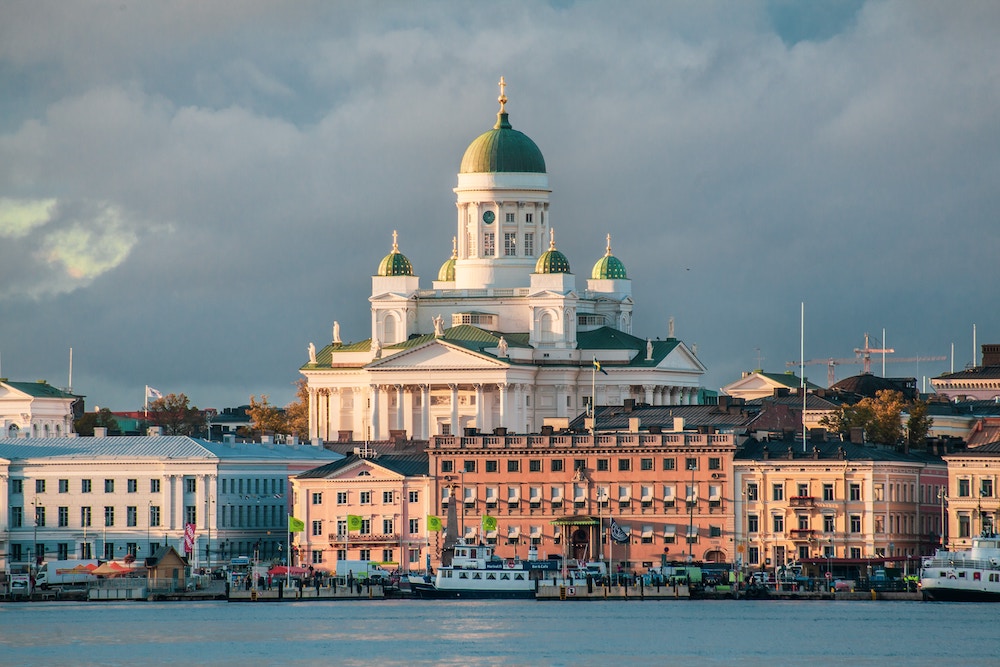Craft
A Wolf in Jutland: Dorthe Nors On The Writing Life In Denmark
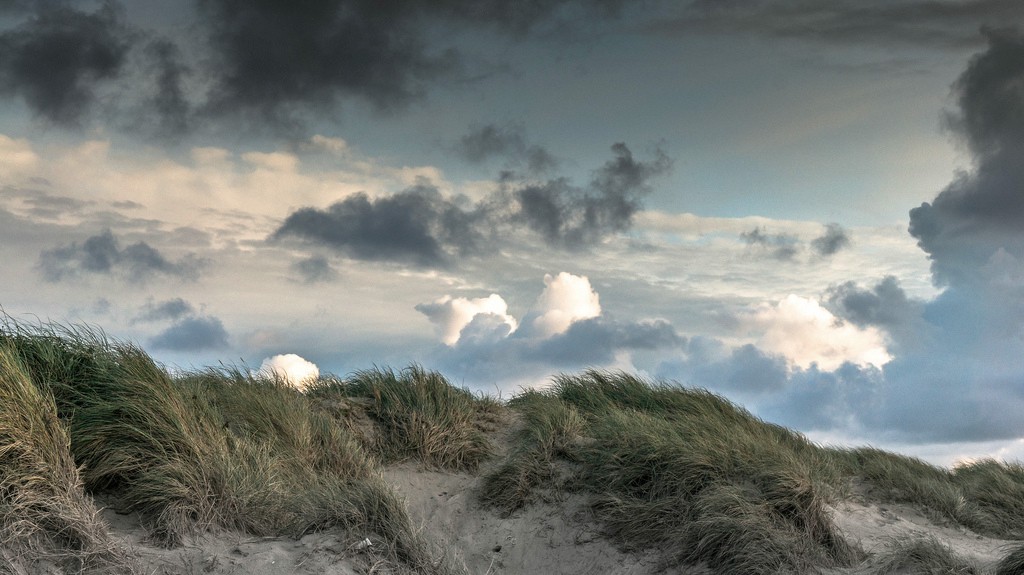
We’ve asked some of our favorite international authors to write about literary communities and cultures around the globe. We’re bringing you their essays in a new series: The Writing Life Around the World. The new installment is from Danish author Dorthe Nors.
Vedersø, Denmark
translated from the Danish by Misha Hoekstra
A couple of years ago, I moved away from Copenhagen. I say that because I want to tell you something about what it’s like to be a writer in Denmark. Most Danish authors live in Copenhagen. It is there that you find the literary scene–called simply the scene if you actually manage to become part of it. I lived in Copenhagen for seven years. On the one hand, I wanted to become part of the scene but couldn’t. On the other, I didn’t want to. No, I did not want to be part of the scene.
* * *
Just about the time that I seriously began to consider moving from Copenhagen, the first wolf was sighted in Jutland. Big commotion! Wolves had been wiped out a couple of centuries previous, and suddenly: a wolf in Jutland! Interest groups sprouted up that felt the wolf should be shot. A wolf-free Denmark, they said. Out trickled tales that seemed to have come from the Brothers Grimm. Letters fired off to editors screamed, The wolf is coming, the wolf is coming! People said they were afraid that the wolf would approach their houses, would snatch their children. But Jutland is a big place, said others, who knew that the most dangerous wolf is the one that lurks in our minds. Let’s welcome the wolf back. The debate was heated.
A bit of geography is called for. Denmark consists partly of a large peninsula attached to northern Germany. The peninsula is called Jutland. In certain places, Jutland is abundant in natural life. And thinly populated. Toward the west there are vast tree plantations, moors, and fields–and then of course the North Sea. It was in western Jutland that the wolf was spotted. The rest of Denmark consists of islands, large and small. First there’s Funen, the island where Hans Christian Andersen grew up, until he was 16 and left for Copenhagen. For the scene was centered in Copenhagen during the 19th century too, and Copenhagen lay as far east as one could go–on the island of Zealand.
…in a small population where just about everyone is related, artistic milieus are decidedly claustrophobic.
There are about 5.6 million Danes in the country, and Copenhagen is our capital. Some 1.2 million people live there. We are a minuscule people with a peripheral language, and in Copenhagen, our nation’s writers gather in coteries. If you’re in one of these coteries, you’re a writer among others who write and think somewhat the way you do. My experience abroad tells me that intellectual movements and artistic milieus are tricky beasts, regardless of where you stumble upon them. But in a small population where just about everyone is related, artistic milieus are decidedly claustrophobic.
I wanted to be part of the scene, and yet I didn’t, after all. I couldn’t anyway, and for seven years I sat in Copenhagen, stuck fast like a burr on the back of a cat. And then came the news of a wolf in Jutland.
* * *
I was born in Jutland, so you could say I moved back home. I chose to settle so far west that it’s hardly Denmark anymore. On the central western coast, by the North Sea. Every day I walk down to the sea and position myself with my back to the land. If I could swim that far–though no one could–I’d be able to go ashore on a beach in Aberdeen. I feel closer to the great world here than I did in Copenhagen. There are no other writers here. There are ceramists, photographers, painters, and musicians–but no writers. Sometimes I drive sixty miles north and drink coffee with an old poet who lives up there. I invite authors from Copenhagen to spend the weekend. Then they stand with the wind in their hair and draw the sea into their lungs, before making the long journey east again. There will be more and more time between their visits, I know.
Denmark has produced great writers, yet there are countries that have produced more, and countries that have shown more love for the ones they’ve produced. Until a generation ago, most Danes were connected to agriculture, through either farming or processing. Then agriculture was effectivized, and the industrial jobs moved to countries where wages were lower. Since then, the population has been in flight from the countryside to the cities, especially Copenhagen. It’s a move that the writers here have always undertaken–they want to go to the city to encounter the writers they aspire to become. And there’s something to that, I think. If a writer isn’t familiar with the literature of her own country as it unfolds in her own time, she misses out on dialogue, on contact with the path. She must dare to measure herself against the best! That’s why I moved to Copenhagen. But when I saw what I had to do, I didn’t want to. And I couldn’t either.
* * *
I wish that Danish men would read more, and that Danish men would read women, but unfortunately that’s not the way it is.
I bought a small house in a village by the ocean. There are two reading groups in the village. The local women meet once a month to read books together. It’s a recent development in Danish reading culture and one that I put great stock in, aside from the fact that it lacks men. Among writers, you find men and women in equal numbers–but not among readers. I wish that Danish men would read more, and that Danish men would read women, but unfortunately that’s not the way it is. But you take what you can get, and in the reading groups, women gather to talk about books and drink coffee. I hadn’t lived in the village very long before I was asked if I wouldn’t come and talk about my work. It was an obvious thing for me to do, they thought.
I said yes but it made my stomach hurt. I feared what they would think of me.
It was the Danes’ farming blood. It made me nervous. It runs through our veins, for good and ill. A farmer’s life depends on stability and order; a farmer is rooted. He doesn’t care for changes and surprises. He doesn’t like anything that comes from outside and makes a disturbance; disturbances can mean disaster. Whatever can’t be controlled, whatever has a wild or ambiguous nature is considered dangerous. The farmer fears any creature that has an inscrutable essence. Such creatures can spoil a harvest, or they’ll seat themselves at your table and eat you out of house and home. Run off with the sheep. Set fire to the barn–and what does a poet actually live off of? Can it pay the bills?
If I had a dollar for every time I’ve been asked if I could make a living by writing, I’d be rich.
…it’s nearly impossible to get rich from writing fiction and poetry in Denmark. There’s bread in crime fiction, but we can’t all write crime fiction…
But I’m not rich. As in other countries, it’s nearly impossible to get rich from writing fiction and poetry in Denmark. There’s bread in crime fiction, but we can’t all write crime fiction, and so I turned up for the village reading group event with my slender literary productions under my arm, nervous and hesitant. I’m usually not afraid to speak before large gatherings. I’ve appeared on TV, on the radio, and at international literary festivals without my hands trembling. I’m at home on stage and feel comfortable with the public side of my writing. But as I sat there at the head of a table covered with coffee and pastry, I flushed with shame.
Can you pay your bills? That was the question I was waiting for, and I dreaded it in advance. It means, of course, in all its presumption, Are you a burden on society? a parasite? a threat to us?
Denmark is usually good about supporting its artists. In the Ministry of Culture, funds are earmarked for author work grants and translations. When a Danish author gets something published abroad, the government provides travel money so that we can go off and be ambassadors for our country. Our culture policy is social democratic. It strives for fairness, it promotes equality. It also recognizes that our language is small and threatened, and knows that writers help to preserve our curious tongue. The Danish state wants to provide writers with tolerable conditions. The Danish state wants culture and art. So Denmark provides support from the top down.
But by the coffee table in the reading group, I found myself in a place where art would be supported from the bottom up. And in Denmark, that’s another matter entirely. Unlike Icelanders or the French, for instance, the average Dane does not have a tradition of examining literature, much less discussing it at all hours of the day. It’s considered a tad affected to be an artist. And the fact that my work has no concrete utility makes it hard to explain to most people the benefits of what I do. Does it pay the bills? It’s the farmer in them asking, and there I was, seated by a table full of farmers’ wives. I needn’t have worried, though, for the women were pleasant. They’d baked rolls and layer cakes. There was coffee and tea. And to be honest, they weren’t particularly interested in my work. They were more interested in why I had decided to move to their area. There was someone who asked if I made a living from writing. That was expected, and I answered as I’m accustomed to doing: Just about. And then came the question that I hadn’t expected. And which I still have a hard time shaking off. A woman down on the far end of the long table gave me a worried look. She wondered: did I have a restless nature?
A restless nature?
Just like the wolf. A wanderer.
* * *
I’m not the first author to discover that anyone with a free and different nature is considered a threat to the existing culture. The Dano-Norwegian author Aksel Sandemose wrote about it more than 80 years ago, setting down the regulating mechanisms that operate on Scandinavians from below, in what he called the Law of Jante. According to Sandemose, the 10 commandments that regulate our social behavior are:
- You mustn’t think you’re special.
- You mustn’t think you’re as good as we are.
- You mustn’t think you’re smarter than us.
- You mustn’t imagine you’re any better than us.
- You mustn’t think you know more than we do.
- You mustn’t think you’re more important than us.
- You mustn’t think you’re good at anything.
- You mustn’t laugh at us.
- You mustn’t think anyone cares about you.
- You mustn’t think you can teach us anything.
The Law of Jante is legendary in our part of the world. It describes a way of thinking that no Scandinavian can avoid responding to. The law is embedded in us, and passed down through generations. It’s actually quite odd that we in Denmark have this leveling attitude–for on the other hand, Denmark has a strong belief in itself, its values, and its way of being in the world. And there we stand like farmers, grounded in an unshakeable belief in ourselves and our right to be where we are and not budge an inch. At the same time, you should remember that Denmark is surrounded by water, and that down through the ages, it has therefore had free access to the world and thus an interest in other places too. Danes possess a strong wanderlust, and we contain these contradictions: the fixed and existing vs. the wild and seeking.
Yes–the authors who have taught me to write, and who still reveal worlds to me, are the ones who’ve resided far from their culture’s self-conceived center.
I have settled by the water. I need the great sky, the horizon. I love my little country; my language is my roothold. Danish is a linguistic playground for me, and I am grateful for the support the Danish state has given me and my fellow writers. But I am grateful too that I know English. It enables me to work outside Denmark–in the US, England, Sweden, Germany. I have found a greater world to write in, and after coming home to Jutland, it suddenly struck me one day that the artists who have meant the most to me have lived in places other than the places where the other artists all lived. They’ve lived out in the woods, on the prairie, by the sea, in the boondocks. Yes–the authors who have taught me to write, and who still reveal worlds to me, are the ones who’ve resided far from their culture’s self-conceived center.
The lone wolves.
* * *
Around the summer solstice, we celebrated Midsummer’s Eve in my little village in the west. We gathered by the water, lit a bonfire, and sang songs about the light night. A forester from the local tree plantation gave the Midsummer speech and tried to calm the populace. They shouldn’t be afraid of the wolf. No case of a wolf causing a human death had been registered anywhere in the world since 1974. In short, there was something almost harmless about wolves, said the forester, who was clad in green trousers that blended into the natural surroundings. Just behind me stood two older men. Both of farming stock, of course. Since 1974? the one said. Yep, the other said. He paused before adding, If it’s been that long, it’s statistically likely it’s going to happen again soon. They agreed on that, the two men. That the wolf would no doubt strike again at any time.
I stood two feet in front of them. And they didn’t have a clue.
About the Author
Dorthe Nors is the author of five novels, including Karate Chop, and is the recipient of the Danish Arts Agency’s Three Year Grant for her “unusual and extraordinary talent.” Her stories have appeared in AGNI, Boston Review, Ecotone, Fence, A Public Space and the New Yorker. In 2016, a pair of Nors’ novellas, So Much for That Winter, will be released in the US by A Public Space Books in partnership with Graywolf Press.
You can find all the essays from The Writing Life Around the World at Electric Literature.
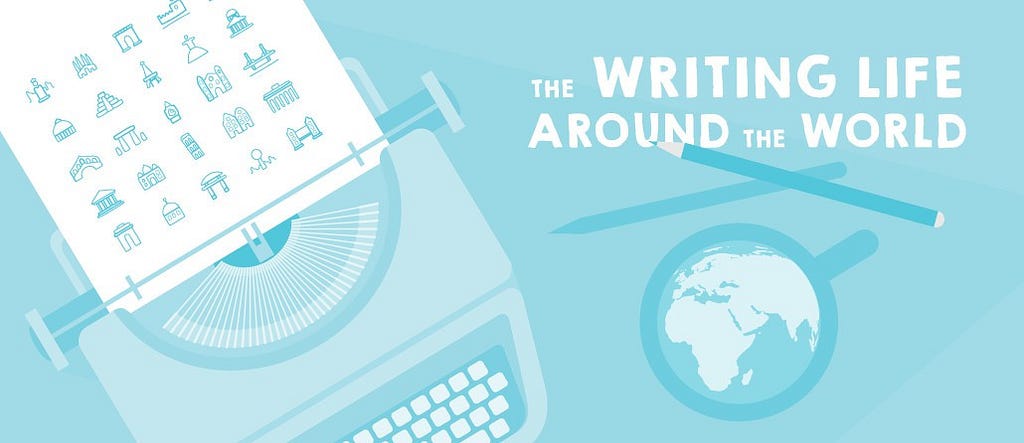
About the translator: Misha Hoekstra taught creative writing and literature for several years at Deep Springs College before moving to Denmark. He’s won several awards for his literary work, including the Sjöberg Translation Prize for You Disappear by Christian Jungersen. He now lives in Aarhus, where he writes and performs songs under the name Minka Hoist–including one about the Jutlandic wolf.
The Writing Life Around the World is supported by a grant from the Council of Literary Magazines and Presses and the New York State Council on the Arts.
